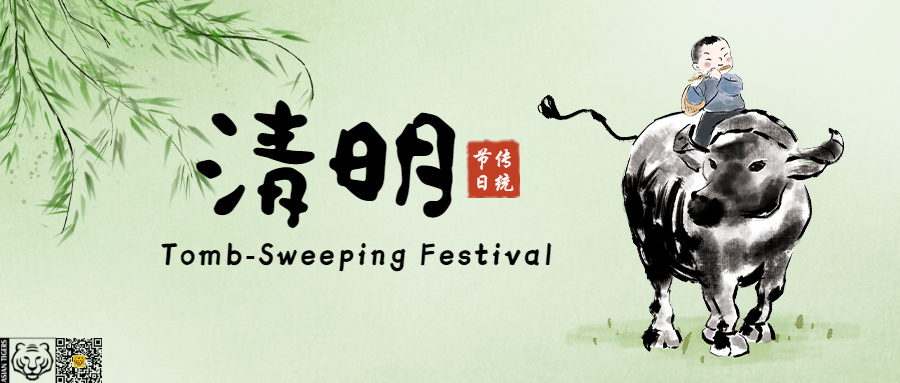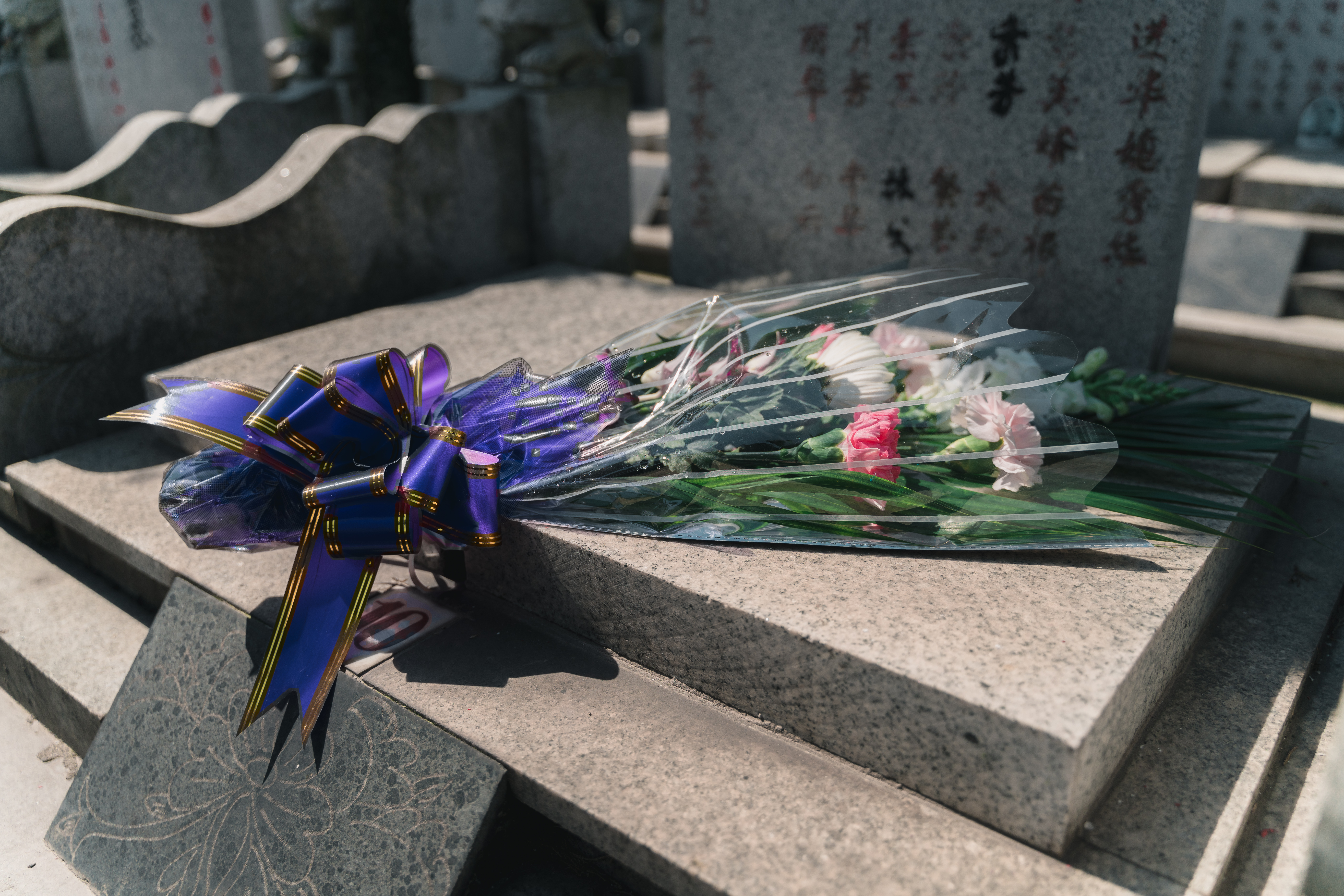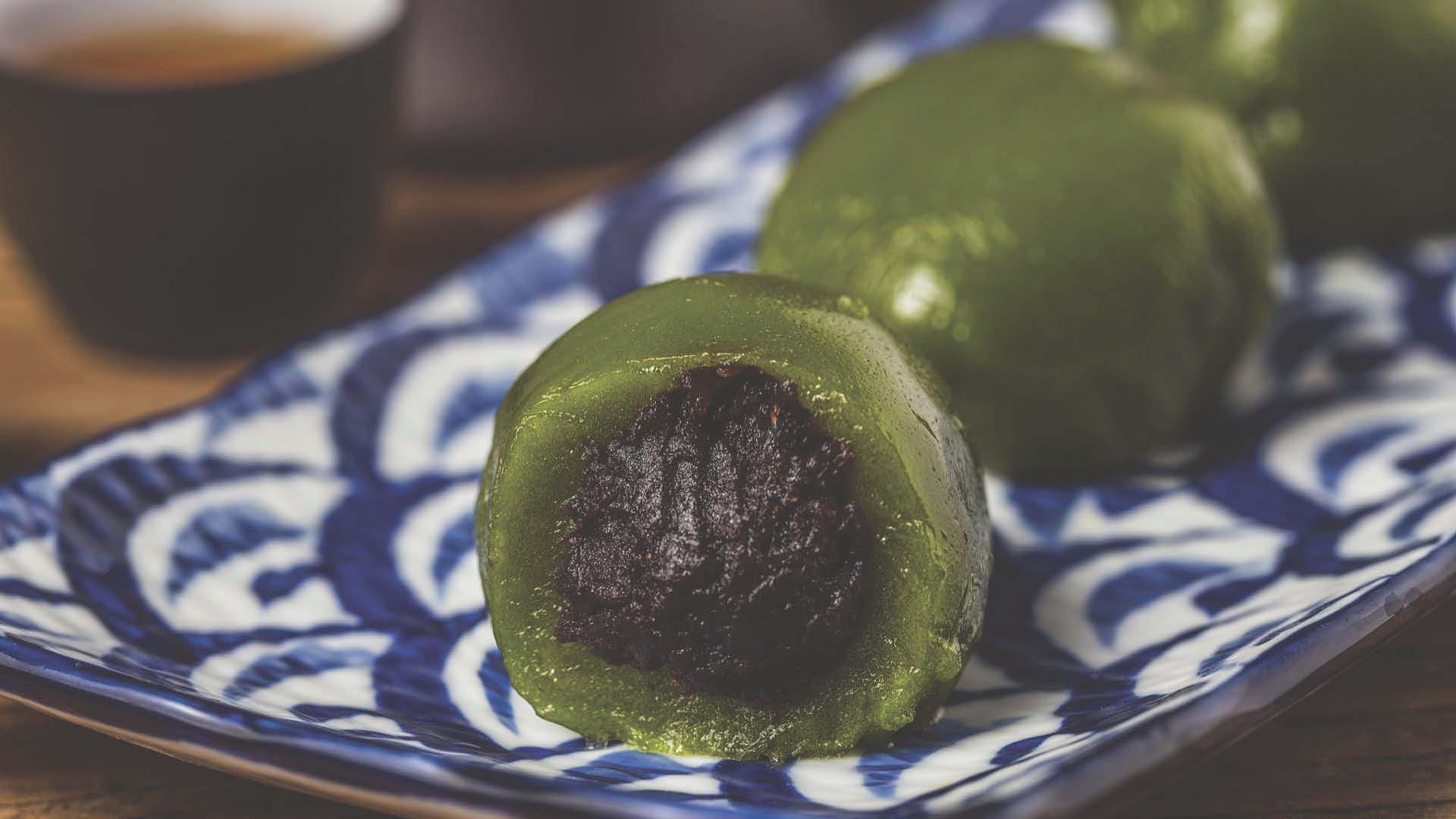What’s Qing Ming Festival?
Qing Ming festival, also known as Tomb-Sweeping Day, Chinese Memorial Day and Ancestor’s Day, is a holiday that is celebrated in China on the first day of the fifth solar term in the Chinese Lunar calendar. In Chinese, Qing Ming(清明) means ‘clearness’ and ‘brightness’. The origin of the name was related to climate and nature in this season.

There are various activities for Qing Ming Festival. The most popular ones such as tomb up keep and repair, spring outings, kite flying, and putting willow branches on gates have been an important part of this festival since the beginning.

Tomb sweeping means people cleaning the tombs of their ancestors and paying homage to them. During this ritual, a tribute is paid to the deceased relatives. This tribute often involves providing the deceased with their favorite food or wine.

Another practice common during Qing Ming is the flying of kites. All throughout China, people head out with their most colorful kites and spend the day flying them. After the kites are flown, the string is then cut and they are allowed to fly away; therefore concluding a successful holiday.

Sweet Green Rice Balls (/ching-twann/) are a popular Qing Ming food that are made of a mixture of glutinous rice powder and green vegetable juice and stuffed with sweetened bean paste. Sweet green rice balls are jade-green in color, glutinous in taste, and sweet in aroma.
People often participate in a sport to ward off the cold and in anticipation of the arrival of spring during Qing Ming. The festival integrates both reverence and fun through its customs.
